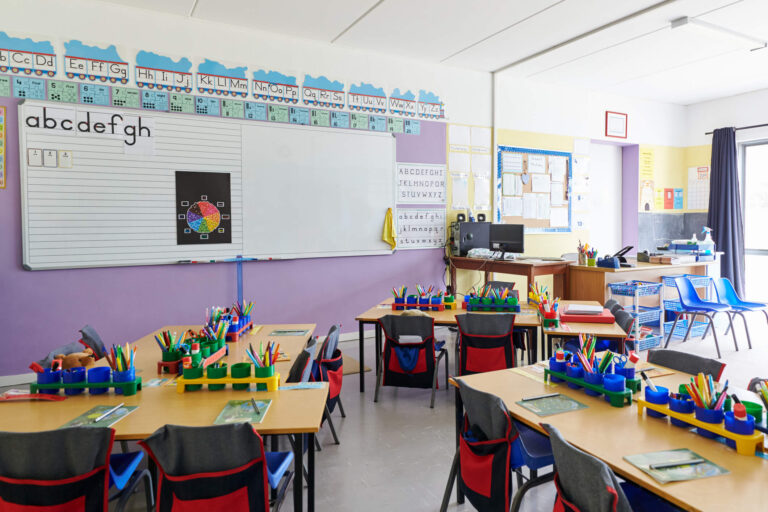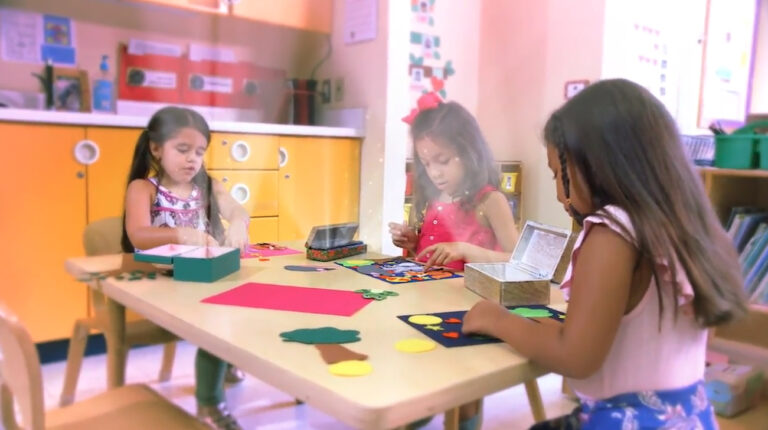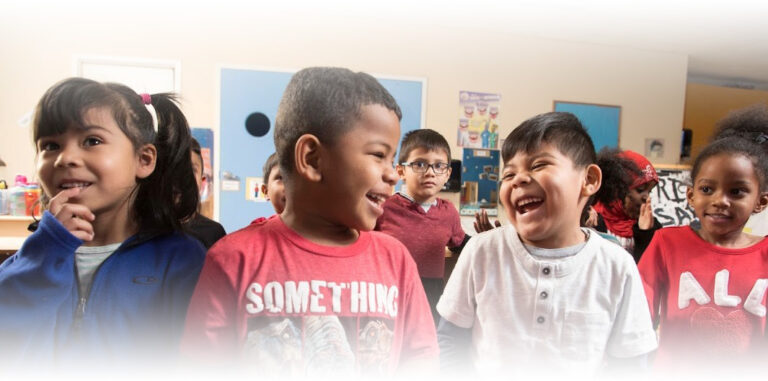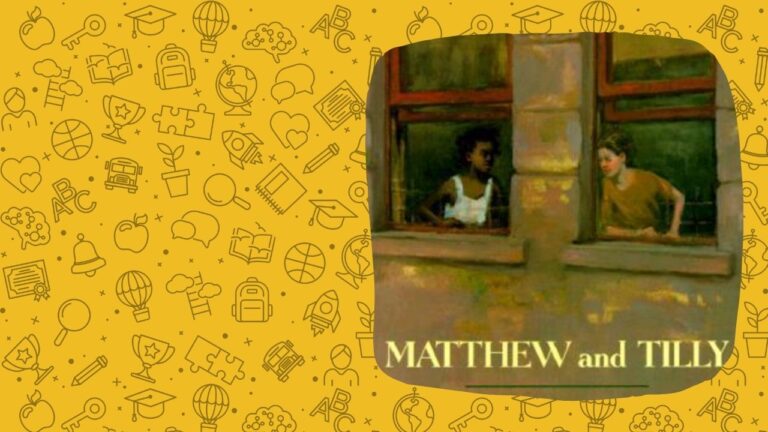Every child is born ready to learn. As adults, it’s up to us to realize literacy and justice for all.
Simple, everyday opportunities can be used to help build stronger and more capable children. Every child is born with unlimited potential, and every adult can play an important role in “language nutrition.” Language nutrition and development begins long before a child knows how to speak. From the third trimester of pregnancy through Pre-K, the human brain develops faster than at any other point in life. During the critical early years, educators, leaders, families, and advocates must harness the sciences of healthy brain development, language and literacy so that all children have the opportunity to think critically and act boldly to reshape the world.
The Rollins Center for Language & Literacy and our online learning community, the Cox Campus, were founded to eliminate barriers of access and equity – helping every child find their voice. There are more than 30 accredited courses and 16,000 downloadable resources (all entirely FREE at www.coxcampus.org) to support everyone in a child’s life – from families and teachers to community members and volunteers.
We are offering two actionable strategies, based on our language-rich ecosystem, that you will be able to use immediately to help your child and children across our city thrive.

The TALK Strategy:
The TALK strategy helps make conversations with children more engaging.
- Tune In.
Tune in to your child’s world by paying close attention to what they are looking at or doing. Comment on what you observe, and then give them an opportunity to respond, even if they can’t yet communicate with words.
- Ask Questions.
Ask questions to build conversation based on what you observed when you tuned in. As children get older, engage them with open-ended questions that develop their vocabulary and inspire more thoughtful dialogue.
- Lift Language.
Lift language by modeling the language you want your child to use in the future. Narrate everything you or your child is doing, expand on what your child says, and use well-formed sentences with interesting words, gestures, and facial expressions.
- Keep it Going.
Keep the conversation going by continuing to tune in, ask questions, and lift language. Focus on what your child is interested in and “strive for five” exchanges every time. Each conversation creates more opportunities to use language and expand vocabulary.
 The READ Strategy:
The READ Strategy:
Here’s how you can use the READ strategy to make the most of story time.
- Repeat.
Reading stories multiple times, and repeated interactions and routines help build relationships and language.
- Engage and enjoy.
Story time is fun for you and your child. Remember, story time can be any time.
- Ask questions.
Reading to your child is always valuable. Asking them questions about what you’ve read sparks critical thinking and reading comprehension. Ask how characters in the story feel about certain events or what the character learned.
- Do more.
Discuss the book beyond story time. Your child will make connections and use new words in their own adventures.
As a business, civic and community leader – we ask that you act on these simple, yet powerful, strategies that support the development of our future business, civic and community leaders (our kids!).
- If you’re an employer – please share the free online Cox Campus with your team so they can learn more about language and literacy to strengthen families.
- If you’re a small business owner – please incorporate the TALK strategy with your youngest/future customers and encourage other adults to interact with young people in ways that build language and sense of belonging.
- If you’re a volunteer – please explore and share Cox Campus courses and resources so your time with children and families is even more meaningful.
- If you’re a parent or caregiver – please explore and share Cox Campus with your early learning providers and friends.
Everyone is essential to a language-rich ecosystem. You are a key to unlocking the potential of our city’s children.
Contact: If you’re interested in learning more about building and supporting language-rich environments for all children, please email us! [email protected]



